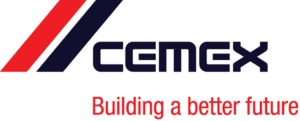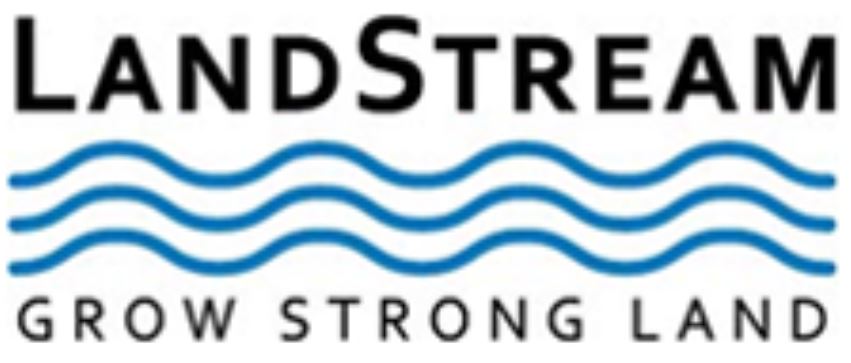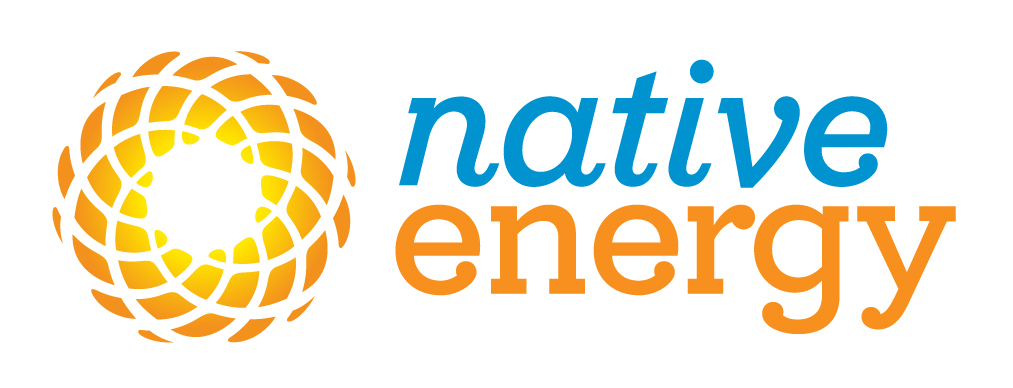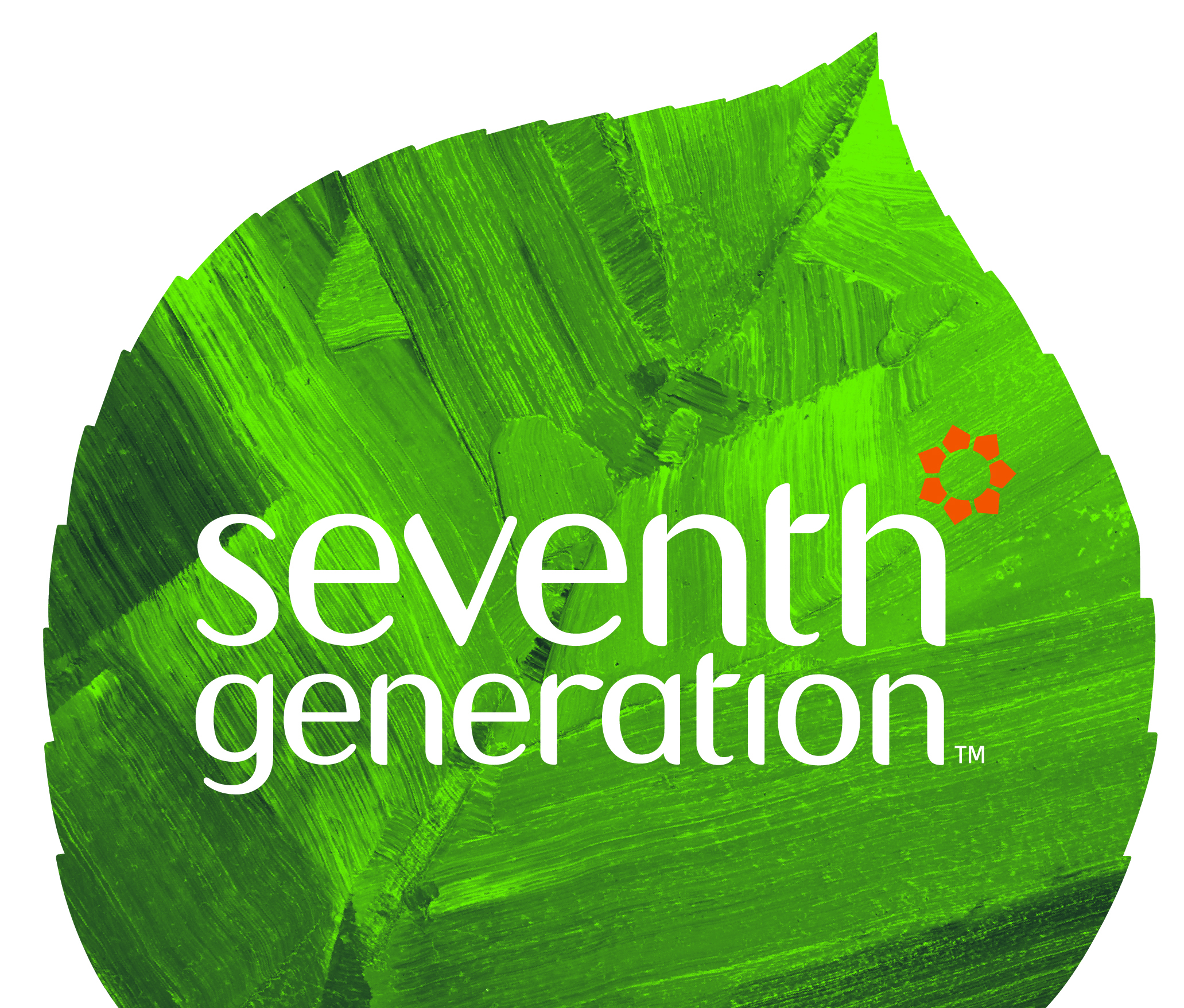Host: Ben & Jerry’s
Project: The Farm of the Future
The quintessential family dairy farm that creates the bucolic imagery we might imagine in Vermont, is an increasingly challenged model at multiple levels. It’s becoming more difficult for the family farm of 150 – 300 cows to makes ends meet and meet a variety of standards that serve the farmer, farm worker, the animals, and the environment. This presents a marvelous opportunity to explore a new model, or models, that could support a more sustaining, thriving family dairy farm in the future.
We imagine a low-carbon or carbon-negative model where the farmer is making a good living, the farm labor has a dignified life, the farm animals are well cared for, the soil is healthy and the watershed is not compromised. The Ben & Jerry’s team has started a process to map the way there, engaging key expert stakeholders along the way. The next steps are to compile the input we’ve received to this point and draft a business plan of what it would take to build the farm of the future. We envision the future of the family dairy farm based three core principles:
1. Dignified livelihoods for all involved
2. Healthy and productive animals
3. Agro-ecological farming practices
This is a long term project that presents many possibilities for a SEMBA team post practicum project.
Host: CEMEX
Project Title: Scaling Inclusive Housing Innovation
The majority of people living in extreme poverty in Mexico lack access to financing for safe, high-quality housing. As a consequence, most low-income families rely on self-construction, where homeowners manage every aspect of building, extending, or refurbishing their homes. Without technical and financial assistance, these families often pay high prices for low-quality construction materials and the process of building a home can take as long as 15 years. The Construyo Contigo initiative is designed to increase low-income families’ self-building capacities by offering the training, funding, and technical assistance necessary to construct their own homes in an affordable and sustainable way. The students will work with multidisciplinary internal and external teams to enhance the business model and value proposition, as well as build partnerships with local governments, NGOs, universities, and green technology companies. In order to sustain the business model financially, the students will work to identify entrepreneurial opportunities within the communities that will improve quality of life for the Construyo Contigo families.
The goal of the initiative is to provide technical training, financial solutions, and educational assistance to build houses with families, not for families. Houses may include green technologies to provide basic services such as energy, water, and waste treatment. The initiative will have the potential to benefit more than 8,000 families in the first year and will offer a replicable model to implement similar initiatives internationally.
Host: DIVA Development Through Impact Venture Acceleration (DIVA)
Project Title: Impact Venture Idea Screening
DIVA is a venture incubation partner that uniquely both co-develops and co-invests in impact opportunities, building strategic and venture-level coalitions with the right players. DIVA facilitates the exploration of new markets and business models, strengthening capabilities and increasing bandwidth for impact-oriented business development. As an innovative new player in the emerging corporate impact venturing ecosystem, DIVA acts as a catalyst by plugging important gaps and creating value for different key stakeholders, including foundations, corporations, and impact investors.
Traditional venture evaluation processes are linear, and assessment criteria rely heavily on financial performance indicators. A multi-stakeholder engagement approach to business development moves beyond trade-off thinking by developing a holistic framework for venture screening, evaluation and planning to create sustained value and address the UN’s Sustainable Development Goals.
The focus of this project is to collaborate with an experienced business developer on assessing the impact and business potential of a venture idea contributed by a multinational corporation. The main project objective is to evaluate both the business and impact potential of an idea and provide a sound basis for deciding whether to mature the venture. The preliminary evaluation of real impact venture ideas has the potential to develop into a unique process to apply to future venture candidates.
Host: Facebook
Project Title: Terragraph Business Model
Description: Facebook Connectivity Lab's mission is to do the fundamental research to connect the 4.2 billion people who are without access to the Internet or underserved with limited connections to the Internet. Using new technologies built by Facebook’s Connectivity Lab, the company seeks to leapfrog traditional methods for connectivity and offer disruptive, innovative projects to connect the “last mile.” The SEMBA practicum project will work with the Facebook team on project Terragraph; one of the Connectivity Lab’s terrestrial internet solutions. The focus of the project will be on exploring the ecosystem in dense urban slums in India to better understand the value proposition of Terragraph technology. SEMBA students will be conducting on the ground interviews to uncover challenges and solutions associated with the use and implementation of the technology. These findings will assist Facebook in determining a viable business model for project Terragraph in India and a framework for the rest of the world. The goal of the project overall is to create mutual value for businesses and the communities they operate in, creating a truly sustainable venture.
Host: Lancer
Project Title: Building the Sustainability Strategy at Lancer
The practicum team will start with an evaluation of the current sustainability resources and issues that are being addressed at Lancer. The team will then do an evaluation of what topics are important on the sustainability agenda from core customers stand points. The challenge will then be to identify gaps and overlaps between Lancer’s current status and their customer agendas that require further development. Specifically, the students will be focusing on strategic areas of sustainably including the environment, Lancer employees, suppliers, communities, and other Lancer stakeholders. The students will provide Lancer with a sustainability road map with a holistic vision and mission of what sustainability means to the company, including specific sustainability goals and a plan of how they can achieve their stated goals. In addition, the practicum team will hope to establish sustainability practices of generating annual reports, including regular measures of sustainability data and methods for doing so. The landfills, waste in the ocean, impact to wildlife, and cost to transport are all areas where our environment and communities are being affected unfavorably. The proposal is to develop a business model that can reduce or eliminate this impact on our environment while also creating methods for regularly measuring this sustainability data. This among other key issues identified above would be the focus of the practicum project.
Host: LandStream
Project Title: Leveraging Platforms to Scale Land Regeneration
LandStream is a platform start-up that supports and connects farmers and non-farmers to grow water-secure, deep-topsoil watersheds. Topsoil and biodiversity are the primary infrastructure of farms, cities, watersheds and nations. With total civilizational dependence on agriculture and an estimated “50 harvests” worth of topsoil left on earth, the future hinges on harnessing the power of regenerative agriculture to rapidly reverse 10,000 years of topsoil and biodiversity loss.
The Landstream team aims to scale regenerative agriculture. They have synthesized novel soil-formation insights from grazing and crop management with environmental monitoring technologies, biophysical modeling and cloud-based networking, mapping, data-visualization and land management software. LandStream environmental monitoring and modeling tools yield trustworthy quantification of provision of ecosystem services, including groundwater recharge, flooding regulation, water purification and pollination. This capacity offers a basis for cost-effective urban environmental security and new revenue streams for land managers.
This practicum project requires close collaboration with LandStream founders and advisors who are leaders of the regenerative agricultural movement, biophysicists and engineers. The goal of the project is to develop a portfolio of resources to communicate LandStream’s complex business model and its potential for world-changing scalable land regeneration to partners, customers and investors.
Host: NativeEnergy
Project Title: Hydraid Business for Base of the Pyramid in Africa
NativeEnergy recently acquired the Hydraid® Biosand water filter technology to supply its Help Build™ clean water programs in developing countries. Utilizing NativeEnergy’s impact investment model to seed-fund initial placement of filters could provide a powerful boost to establishing a profitable business that helps to meet the critical need for safe drinking water.
The SEMBA project team will assess the potential for a water filter business and create a business plan for a venture to support under-served, low-income populations in one or more countries. The team will utilize prior research conducted by TripleQuest and NativeEnergy on filter technologies and current experience across projects that were funded by NativeEnergy to install these filters in Ghana, Kenya, Ethiopia, India, Honduras, and Haiti. The SEMBA team and their findings will be central to NativeEnergy’s strategy on investing in the Hydraid® Biosand business.
Host: Seventh Generation
Title: Affordable & Sustainable Portfolio for Underserved Consumers
Low income consumers are greatly underserved in the green products marketplace. Due to the current reality of higher costs in development, sourcing materials, production and compliance, green products cost more than conventional products of similar efficacy. As a result, many families cannot afford high quality green products. As a mission-driven company, Seventh Generation believes that everyone should be able to clean safely, sustainably and effectively.
The request to the SEMBA team is to develop a comprehensive go to market and long-term strategy to address the clothes laundering or other household cleaning needs of low income communities in an affordable and environmentally sustainable way. The team will identify options for new products or services and business models. The team will focus on understanding the target consumers’ preferences and cleaning habits, identifying barriers to use of green products by these consumers, defining attributes that will appeal to the target consumer, and developing a value proposition uniquely suited to low income consumers while avoiding cannibalization of current products.

